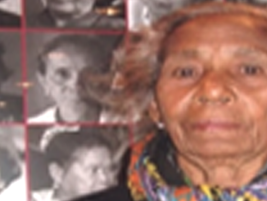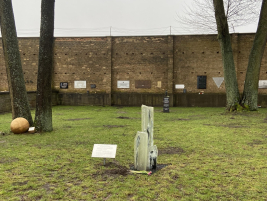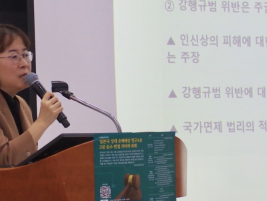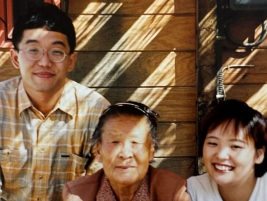All Contents
-

- Hoping for the Publication of an English Collection of Testimonials on ‘Comfort Women’ to Prevent Distortions and Expand Empathy in the International Community
-
Professor Jing Williams considers her education on the “Comfort Women” issue as “a process of planting seeds for the future,” recognizing that some of her students may become advocates for women’s human rights.
-

- “Teaching the ‘Comfort Women’ Issue in the U.S. Society: A Global Citizenship Education to Overcome Nation-Centrism”
-
Professor Jing Williams considers her education on the “Comfort Women” issue as “a process of planting seeds for the future,” recognizing that some of her students may become advocates for women’s human rights.
-

- Uncovering the Tragic Legacy: Movement for the Victims of Japanese Military Sexual Slavery in Timor-Leste
-
As of now, one victim of these atrocities remains alive in Timor-Leste. While the passage of time may have dimmed the memories of these atrocities, the quest for justice and accountability remains as relevant as ever.
-

- Visiting the Memorial Museum Ravensbrück, the Site of the Largest Women’s Concentration Camp under Nazi Germany
-
The irony is that Germany, which is often hailed as a “model” country for past liquidation by providing compensation to victims of wartime forced labor through government-industry collaboration, did not even include women forced into sexual slavery in the category of victims entitled to such compensation and still does not recognize their legal victim status.
-
- Right-wing or Conscientious?
-
Recommendation from Professor Takashi Machida of Changwon National University, Advocate for the Japanese Military “Comfort Women” Issue
-

- Second “‘Comfort Women’ Litigation” Ruling Becomes “Magna Carta” of International Human Rights Law
-
Attorney Sanghee Lee, the head of the Lawyers for the Democratic Society Task Force addressing the Japanese Military “Comfort Women” Issue
-

- “Rape and Gender Violence are part of TRC’s Unfinished Business”: South Africa’s Ongoing Quest for Gender Justice (2)
-
Clearly, liberal democratic initiatives such as the enshrinement of women's rights will continue to fail until structural inequalities, as well as the social norms that allow gender-based violence, are confronted
-

- “Rape and Gender Violence are part of TRC’s Unfinished Business”: South Africa’s Ongoing Quest for Gender Justice (1)
-
Colonialism and apartheid were both predicated on the marginalization and subjugation of the population in terms of race, gender, class, sexual orientation, and culture.
-

- Colabo’s Fights against Sexual Exploitation and Misogyny in Japan Today
-
Time and again, we have seen the pattern of distortions, misogyny, and gaslighting of victims of sexual violence and their advocates as corrupt and greedy money grabbers.
-

- The Politics of Memory in the BTS Fandom to Resist Historical Revisionism
-
The Atomic Bomb T-Shirt Controversy and Its Development
